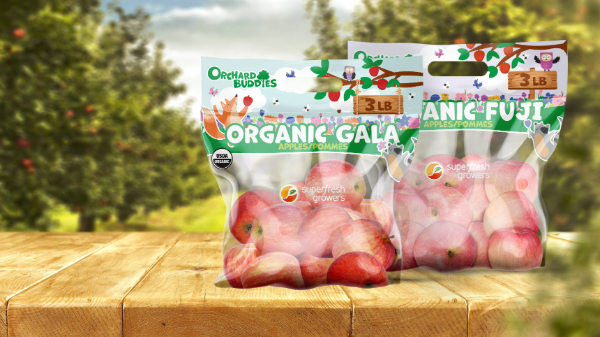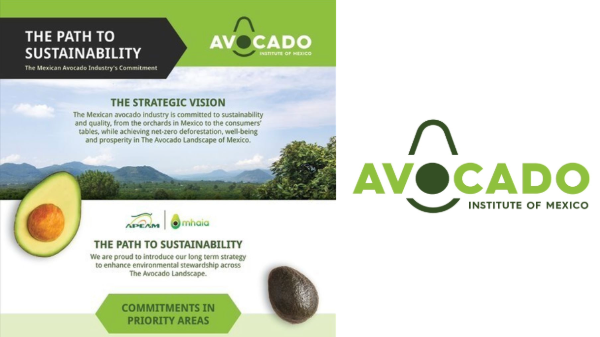Welcome to Blue Book!
Are you ready to join the thousands of companies who rely on Blue Book to drive smarter decisions? View our plans and get started today!
Still have questions? We’d love to show you what Blue Book can do for you. Drop us a line– we’ve been waiting for you.

As the only university with a college of agriculture in Southern California (UC Riverside has only a division of agriculture), Cal Poly Pomona is an attractive choice for local students, says Dr. Jon C. Phillips, director of the Center for Food Marketing and Agribusiness Solutions.
At Cal Poly Pomona, students pursuing a career in produce would likely major in Agribusiness and Food Industry Manage-ment, Agricultural Science, Food Science and Technology, or Plant Science.
According to Phillips, the school prides itself on a hands-on, learn-by-doing approach, although institutional pressure to cut costs and increase class sizes since 2008 has made it challenging to continue offering this kind of education. “Of course, things are getting better,” Phillips adds, “but they don’t turn around overnight or even in one year.”
Phillips, like Cook and Levi, confirms heightened student interest in sustainability. In response, Cal Poly Pomona has emphasized environmentally-friendly practices in its curriculum, such as integrated pest management and “paying attention to where food comes from, all the way from the farm to the consumer’s plate—a holistic approach to food and fiber.”
The background agriculture students bring to the program has also changed.
“In the old days—the 1980s and prior,” Phillips recollects, “we used to get a lot of people who were raised on the farm and wanted to go back and take on the responsibility of running their own family farm.” This, however, is no longer the norm as Cal Poly Pomona attracts many urban students and is making forays into urban agriculture and community gardens.
Although math and science remain important in the study of agriculture, Phillips says these fields alone cannot provide all the answers. Some programs in the college accommodate students whose academic interests lie elsewhere than in the biological sciences, such as the social sciences.
If “the biophysical sciences develop a new variety of some crop, and it seems to be preferable to the original variety but no farmer adopts it,” Phillips posits, “who is going to do the research into how that innovation is going to get diffused into the farming community? It’s going to be the social scientists.”
In the next five to ten years, Phillips anticipates an increased use of technology in traditionally structured classes as well as innovative ways of delivering course contentonline.
At a curricular level, Phillips expects increased attention to biotechnology and its capabilities, limitations, and ethical implications for agricultural professionals.








